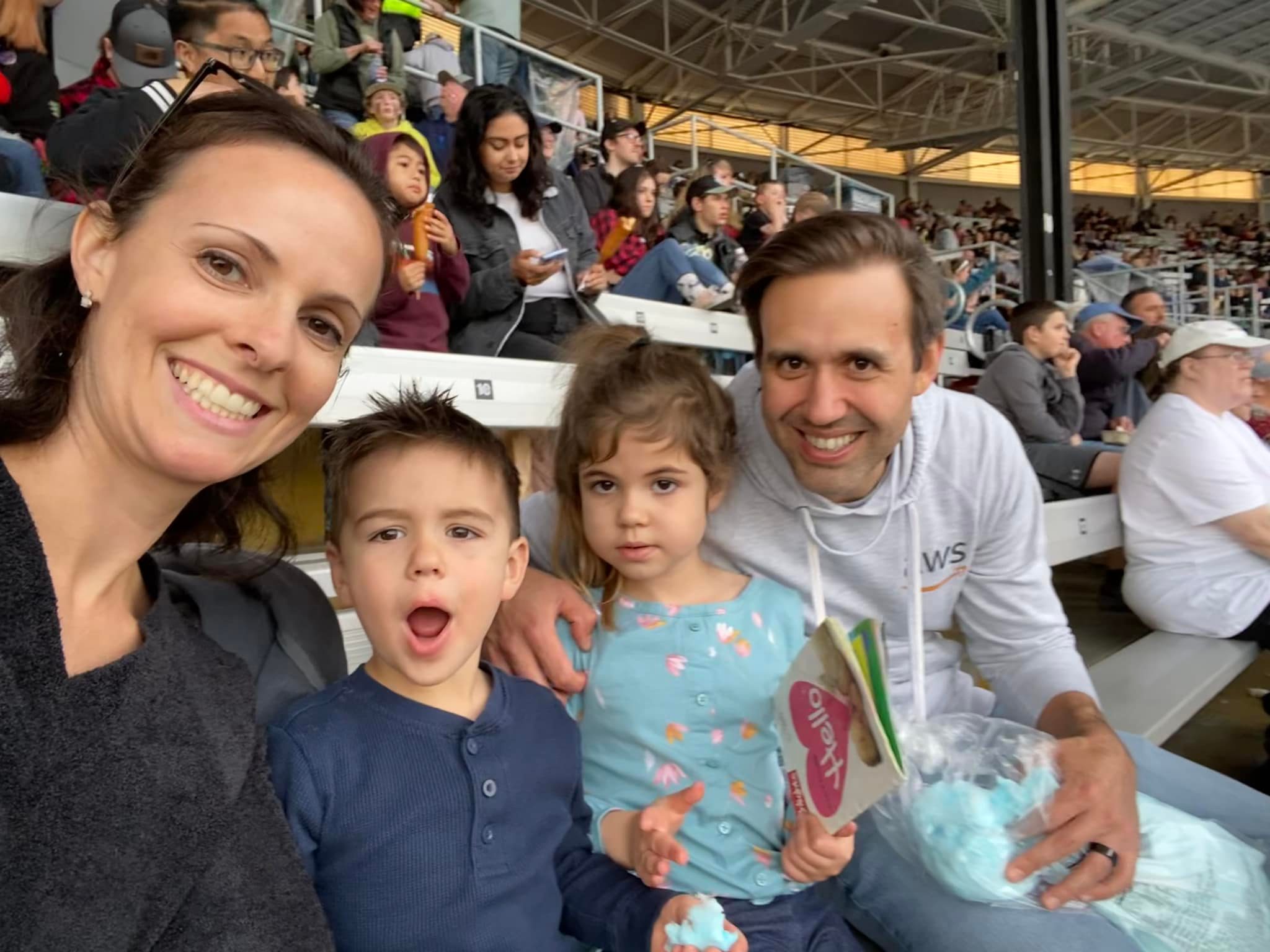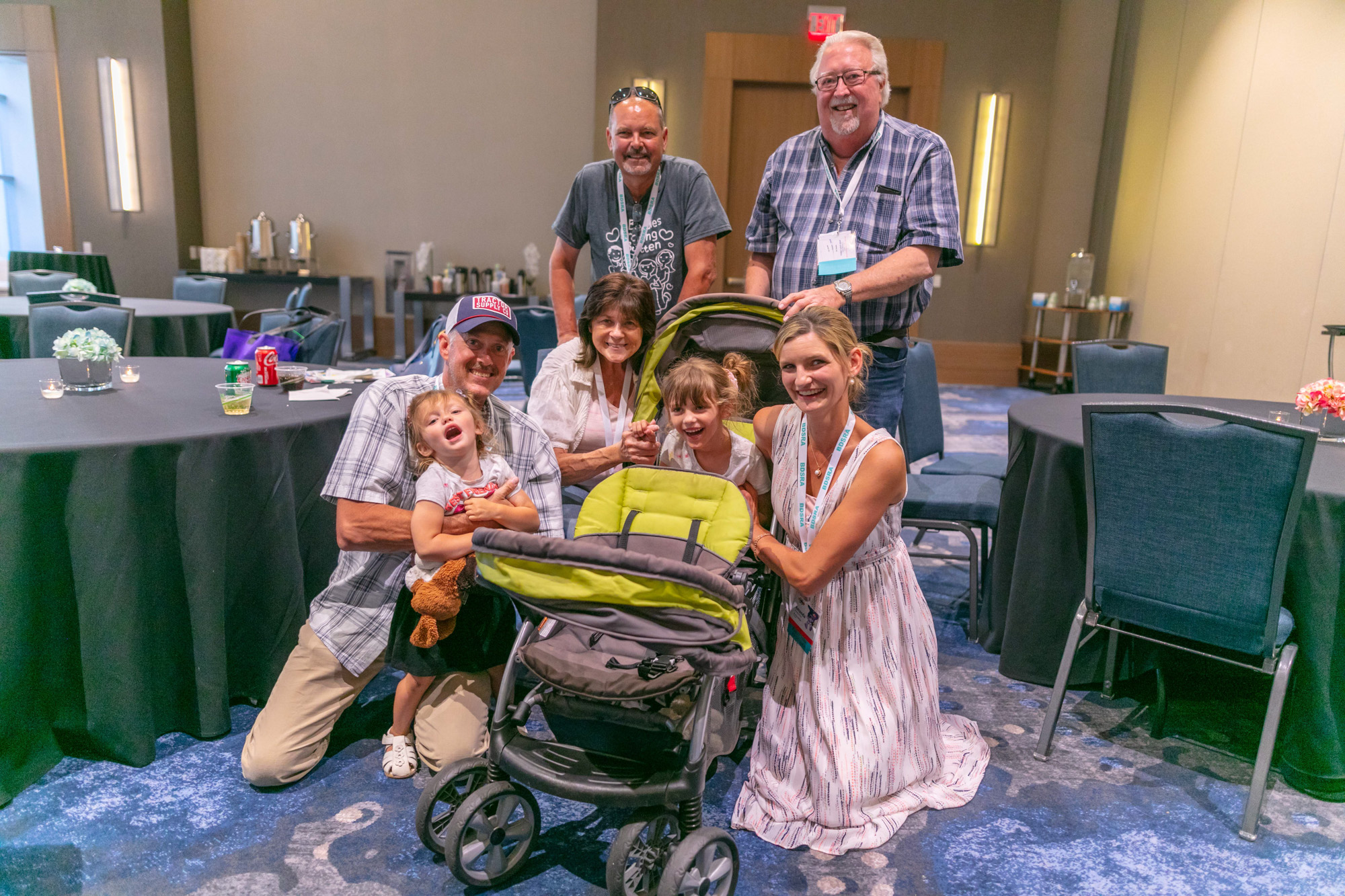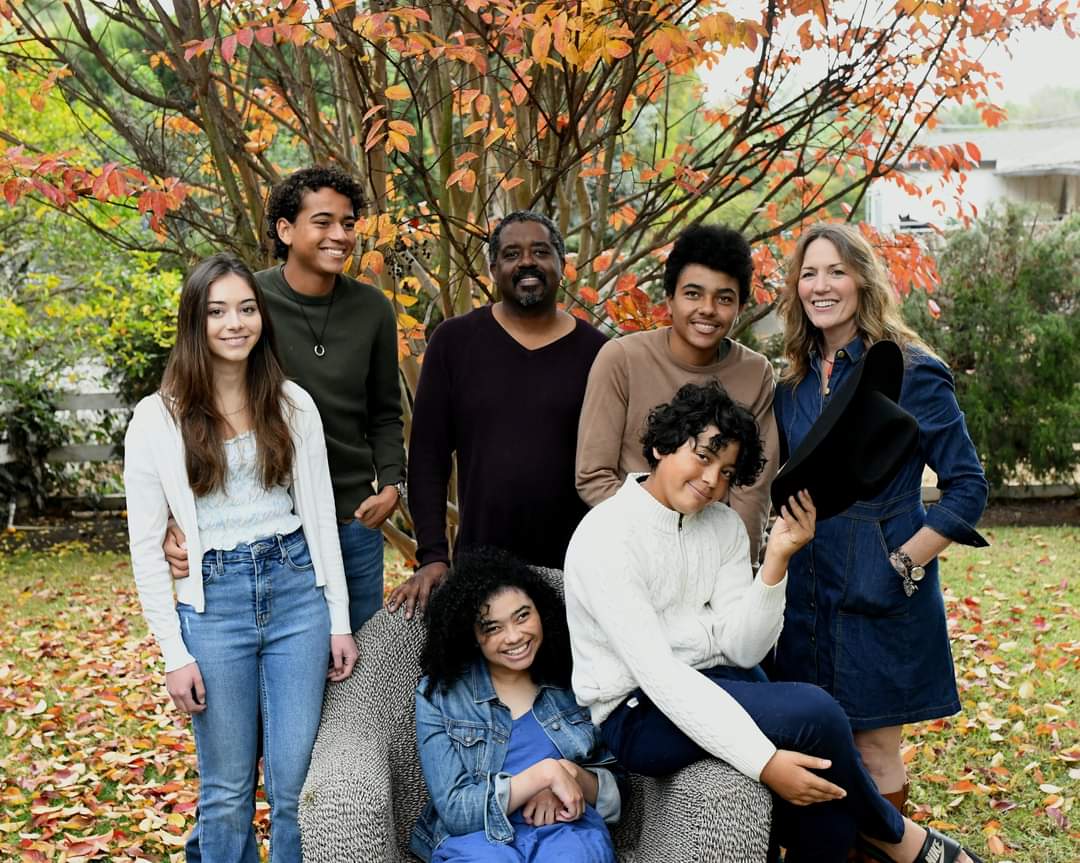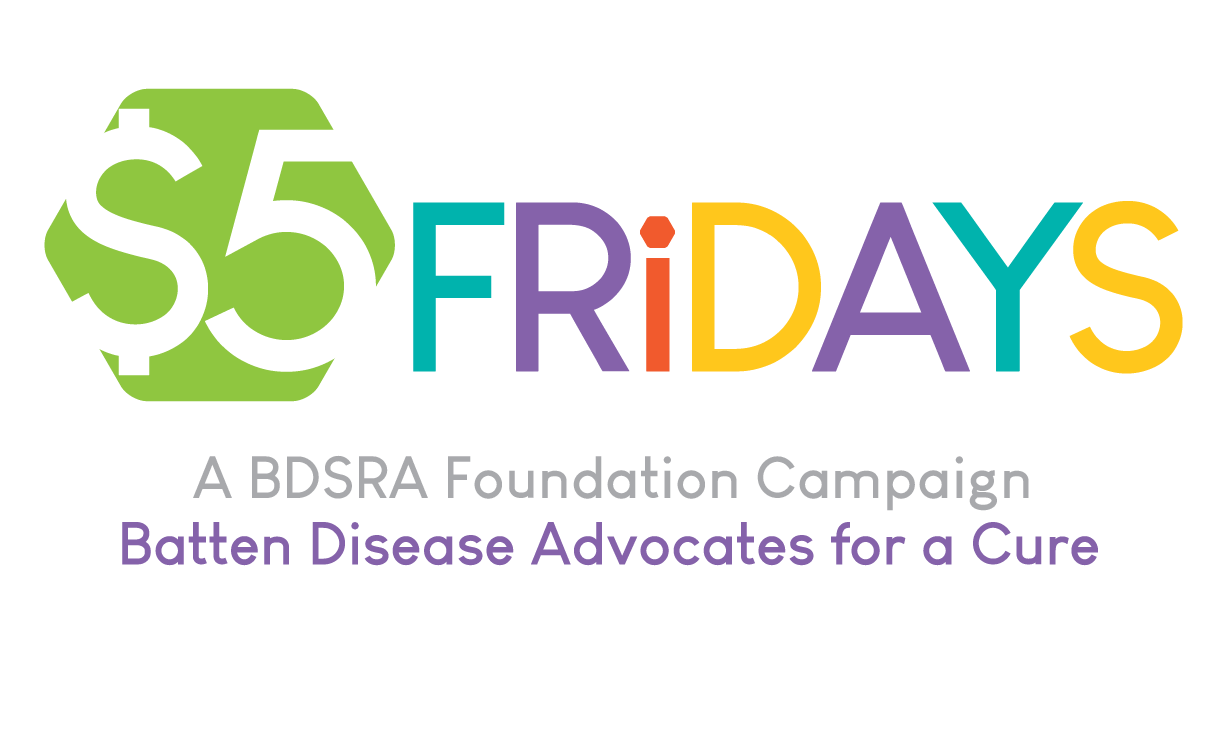It started with one mother of two CLN2 Batten disease-affected children seeing a social media post advertising the FDA CBER OTAT Patient-Focused Drug Development Listening Meeting — Patient Perspectives on Gene Therapy Products.
A collective effort ensued between four Batten mothers stretched across four states and three different time zones to create a presentation – with each Batten mother presenting in each of the four sessions on November 15, 2022.
Amanda Beedle (mother to CLN2-affected Annabelle and Abigail), Suzette James (mother of CLN2-affected Maya and Xavier), Claudia Fennell (mother of CLN2-affected Penelope), and Corrin Jackson (mother of CLN2-affected Evelyn) joined together to create a cohesive presentation.
“I felt it was a really seamless collaboration between all of us, and it feels really good to be in that mix of people where you all know where each other is coming from,” James said. “And these women are incredibly smart and amazing and have a huge heart.”
Battling through technical difficulties, James presented during the first session, “Patients and caregivers understanding of gene therapy risks and benefits.” She emphasized that the risk of not doing anything far greater exceeds the risk of doing something.
Jackson followed James and presented during the second session, “Patients and Caregiver involvement in clinical study design and execution.”

Corrin Jackson pictured with her husband and two children. From left: Corrin, Dominic, Evelyn, and Mike.
“I basically wanted to inform the FDA that the patients and the families’ voices are not heard when designing a clinical trial,” Jackson said.
“We tried to work with pharmaceutical companies to get parents involved in FDA meetings and (have) been denied, and I wanted the FDA to know that a change needs to happen, that they as the FDA need to enforce a little more forcefully that parents need to be involved and make pharmaceutical companies involve families when designing clinical trials.”
“Current Tools and Methods to capture patient-reported data and any existing challenges or gaps to capturing patient experience data” was the title of the third session. That’s where Fennell highlighted ways that CLN2 families experience data sharing such as surveys, clinical testing, and panels.

The Fennell Family (Pictured from left: Declan, Piers, Penelope, Claudia, Avery)
“It was a little tricky because our community does not have a lot of sophisticated or comprehensive tools to do this,” Fennell said. “I think part of our learning experience listening to the other presenters was that the CLN2 community and maybe even the Batten community, in general, is really way under-resourced in doing this particular thing.”
Beedle capped things off for the group in the fourth session, “Approaches to leverage existing tools or opportunities for unique tools to capture patient experience data in gene therapy studies.”
She voiced that placebo studies and sham ports are unethical in a vulnerable population like those affected by Batten disease and that as parents and a community, they would welcome the careful collection of data.
“As a community, we don’t want to invest all that time in collecting data only to later have it just be discarded,” Beedle said. “Time is of the essence and in many cases, our child really is his or her best control in looking at the setup of these studies.”

The Beedle family attended the 2022 BDSRA Hybrid Family Conference in Cleveland, Ohio last July. Pictured in front: (from left) Adam (holding Abigail), Mary Kay Beedle (grandparent), Annabelle, Amanda. Back (from left): grandparents Brian Bertsch, Jim Beedle.
Humbling, cathartic, and emotional are the words the group used to describe their feelings afterward.
The entire session was the culmination of many Saturdays the four spent collaborating with each other and the hard work it took each of them to capitalize on the opportunity to make not only their own voices heard but the voices of the entire CLN2 community.
The group also received messages of support from fellow CLN2 parents following their presentations in November and interest in joining them for future advocacy opportunities.
“You hear these shared experiences and your heart just goes out to other families every time you hear about a different experience,” Fennell said. “I’ve said some things that I know that person wanted the FDA to hear or summarize some things that I think it’s important for the FDA to hear from the rare disease community in general.”
The FDA listening session wasn’t the first advocacy event for each group member on their uncharted journey with Batten disease and it certainly won’t be the last. Three of the four group members collaborated on a patient listening session for the FDA last March.
Fennell has testified twice to the Maryland House of Representatives in support of RUSP Alignment legislation, while Jackson’s husband, Mike, has shared the family’s story twice at the Seattle Rare Disease Fair. It’s Jackson’s turn this year to share their story at the same event in May.
The Beedle family has hosted a benefit and is once again beginning prep for the virtual 5K walk/run as part of International Batten Disease Awareness Day on June 9th.
“I think there was a lot of momentum that I felt personally, and it’s a momentum that I didn’t want to just stop on that day,” Beedle said of November’s listening session. “This is just merely a springboard to continue this work. This was one presentation, but certainly, there are many more miles to go.”
James recently joined the Board of Directors at BDSRA Foundation and aims to help bolster the organization’s resources to emulate the larger patient organizations that were represented during the FDA listening session.

Suzette James (standing back far right) and her husband, Beau (standing back middle), pictured with their family.
These are just a few examples of the countless advocacy events each of these four Batten mothers has participated in and supported ranging from panels and fundraisers to speaking at schools and raising awareness inside a professional wrestling ring. If there’s one thing these mothers have shown, it’s that there’s nothing they won’t do for their affected children who are fighting for their lives and a community searching for more treatment options, beneficial legislation, and the ultimate goal: a cure.
“Every family has something to contribute; every mom and dad and caregiver has something they’ve learned that it’s important to tell and to share,” Fennell said. “I think every parent can engage in a different way, depending where you are and what your strengths are, and what opportunities present themselves.”
“There’s no playbook that you’re given as a parent,” James later added. “It takes everything you do, whatever you need to do, to keep pushing the envelope.”
The momentum garnered by the group from November’s listening session may prove to be a critical piece to establishing that upward trajectory. There’s still plenty of work to do when it comes to advocating for Batten patients and their families and improving resources.
Advocacy stretches far beyond attending events and comes in many different shapes and sizes.
“Advocacy means everything to me,” James said. “Whether it is making certain that I pack a type of lunch that my daughter can now access because she can no longer feed herself by mouth, whether it means making certain that she still gets reading instruction, whether it means speaking to the FDA on a Wednesday afternoon, or working with the BDSRA, it means everything.”
Time is of the essence and stopping isn’t an option as the realities of this fatal disease are apparent.
“Batten disease takes everything from our children and so does advocacy,” James said. “Advocacy touches every part of your life, and every piece of that advocacy and every individual piece of that advocacy is as critical as the next.”


